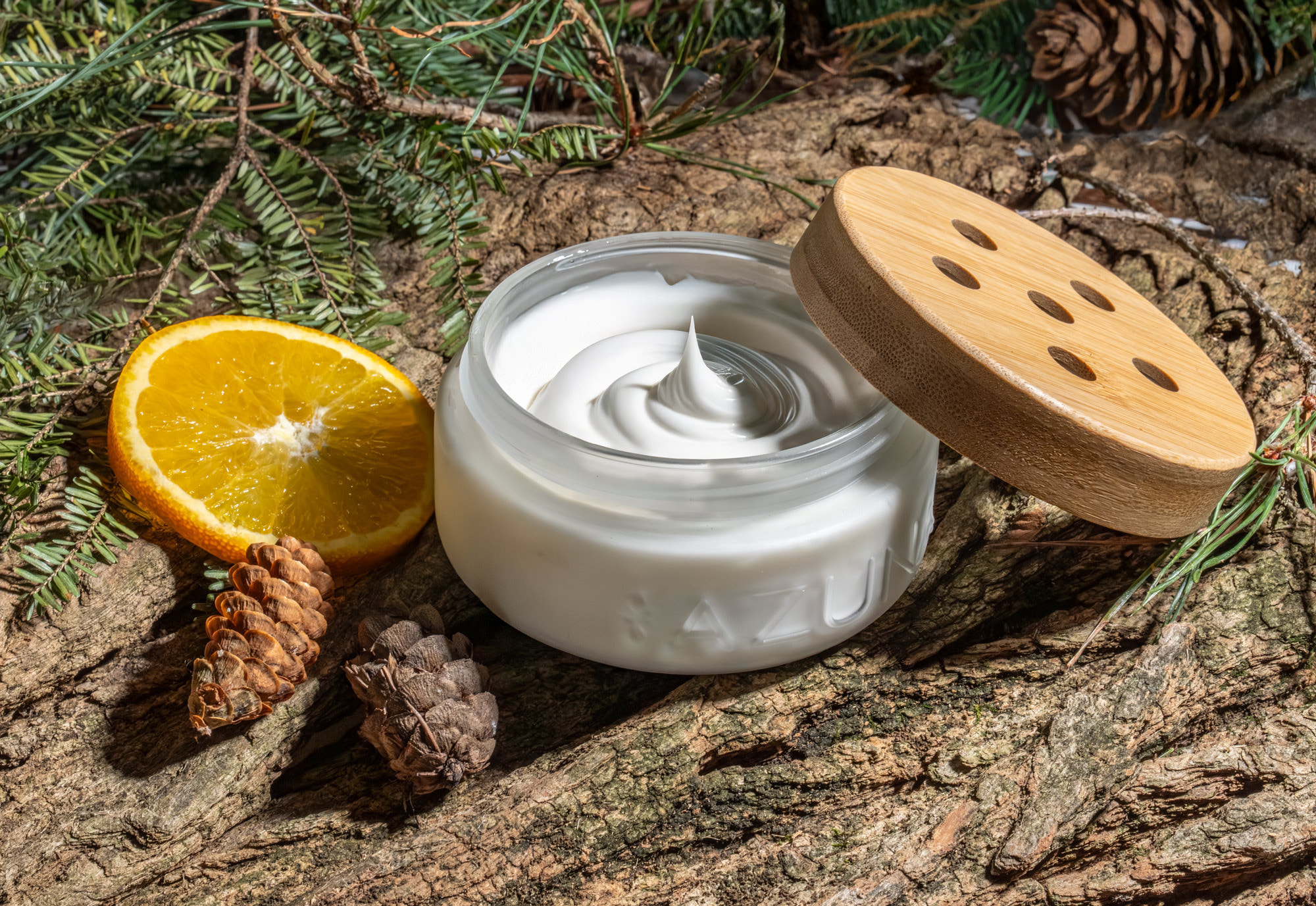Let’s talk about your air.
According to the Environmental Protection Agency (EPA), indoor air can be two to five times more polluted than the air outdoors. And, with the average person spending about 90% of their time inside, that’s concerning.
Poor indoor air quality can lead to issues like respiratory problems, allergies, and chronic inflammation—so improving it doesn’t mean you’re just creating a more comfortable home; you’re creating a healthier space, too.
The good news? It’s easier to do than you may think. In fact, it all starts with a thorough home clean.
1. Change Your Air Filters
Your HVAC system is equipped with filters to trap dust, pollen, pet dander, and other airborne particles. Over time, they become clogged, making it harder for your system to circulate clean air.
Check and replace your filters regularly—during seasons of heavier use, we recommend a three-month cadence. Not sure which size you need? Consult the dimensions and directional arrows on your current filter, or turn to this guide from Consumer Reports for recommendations on the most efficient brands.
2. Clean Your Air Ducts for Better Airflow
Air ducts collect dust and debris—and then spread those particles throughout your home. Consider scheduling a professional duct cleaning (particularly important after months of indoor heating) to ensure your HVAC system is at its most efficient. Many companies offer seasonal spring discounts, so it’s a perfect time to invest.
3. Open Those Windows for Natural Ventilation
It’s time to let in some fresh air. Opening your windows improves circulation and helps flush out indoor pollutants like carbon dioxide, volatile organic compounds (VOCs), and allergens. It’s a simple action that not only boosts indoor air quality, but your mood, too: exposure to fresh air has been shown to positively impact mental health while curbing stress and anxiety.
4. Invest In An Air Purifier
If you’re dealing with airborne allergens like dust, pollen, or pet dander, invest in an air purifier with a HEPA filter to improve air quality. These filters capture those microscopic particles, and they’re available in a range of sizes and filtration capabilities: choose a heavy-duty filter for homes with pets, or a quieter model for a nursery.
For the latest recommendations, flip through the New York Times’ Wirecutter rankings on the best air purifiers. If you find your air becoming too dry, a small humidifier can help restore and maintain moisture levels. It’s also beneficial for your indoor plants (particularly the air-purifying ones).
5. Add Indoor Plants to Naturally Purify Your Air
Speaking of…Certain houseplants actually absorb toxins and release cleaner oxygen in exchange. Spider plants, boston ferns, and parlor palms are excellent air purifiers that are also pet-safe. Before purchasing, consult Chewy’s list of pet-friendly indoor plants.
6. Add Azuna to Your Routine
Not sure how green your thumb is? Azuna’s done the work for you. All of our products harness the natural power of tea tree oil in a pet- and kid-friendly formula, so you can enjoy fresher indoor air without any hassle. Try our Whole Home Kit for a complete refresh, or our cleaning sprays for immediate odor relief on soft and hard surfaces.







